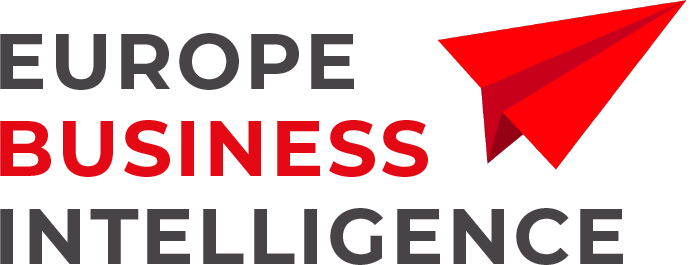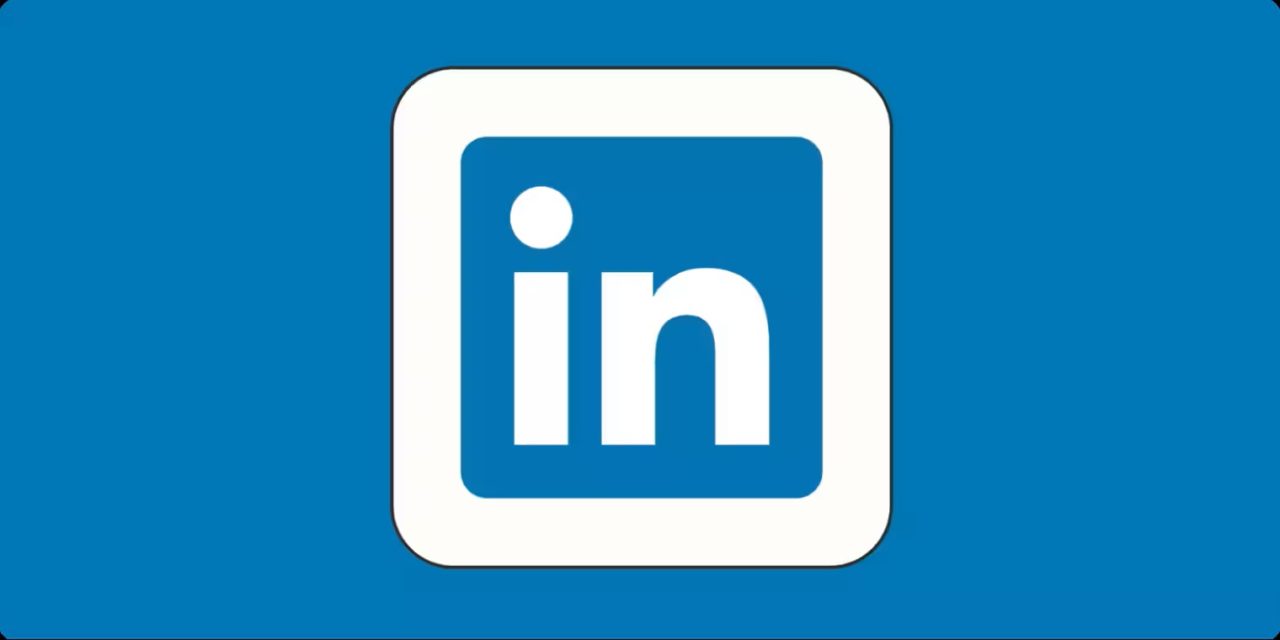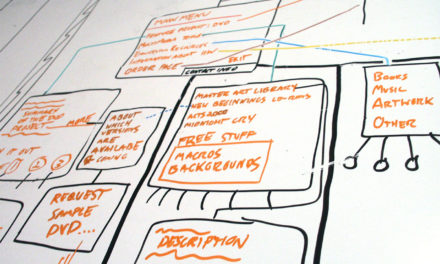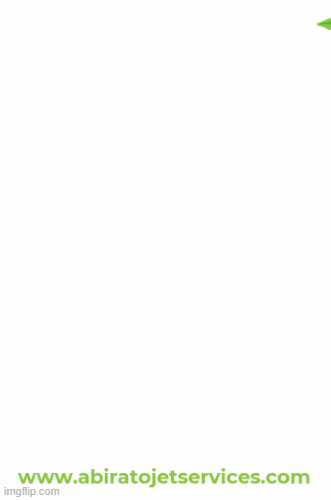LINKEDIN appeared in 2003 and has gradually spread to professionals in developed countries. To the point it has become a goldmine that Google bought for €26 billion in 2015.
What started out as a somewhat confidential professional network has become a must-use tool for anyone looking for a job – in the private sector at least. Linkedin profiles now often replace the traditional resume and cover letter.
Initially it was a place to look for a job in privately owned businesses, it has gradually spread to many other professions and activities. Non-market sectors, civil servants, politicians, religious figures and associations of all kinds have gradually made their appearance.
It has become such an essential database that Linkedin has started to sell – at a high price – the need to use the network intensively, which you can’t do with a basic subscription. For example, by buying a premium subscription or the professional SalesNavigator software tool, you can see much more information, many more profiles, and talk to many more people who are further from your personal network (in “standard” Linkedin formula, you can only see the contacts of your contacts, which narrows the people you can get access to.)
This strength is also its weakness, and we could be witnessing LINKEDIN’s Swan Song, its best moment before its gradual demise.
Let me explain.
In my view, this network is currently (2024) experiencing four massive abuses.
Abuse of commercial prospecting
First of all, it is used to prospect new clients. Some companies offer professional tools that retrieve the contact details of people on Linkedin and automatically solicit (prospect) Linkedin profiles based on selection criteria (for example, “Manager / France, company with 50 to 500 employees”).
All of us have already received some of these matchmaking requests which, as soon as they are validated, generate an automatic email offering you such or such service?
I wouldn’t criticize salespeople for hunting new clients, but I would criticize Linkedin for letting this happen. But as Linkedin is getting rich selling SalesNavigator and Premium accounts, Linkedin Managers don’t seem to be eager to refrain it; at least for the moment.
Textual logorrhea
Second flaw: Linkedin encourages the creation of content that is exclusively made for Linkedin and that doesn’t leave the site. A “post” or an article that redirects to a website outside Linkedin is less likely to be suggested by Linkedin’s algorithm than an article with no external links. This encourages the mushrooming of articles whose sole purpose are to create “engagement”, a catch-all word for views, and therefore potential awareness, and therefore potential commercial interest, and so on.
Many of the articles that come across as “bullshit” posts end with “like my post and subscribe to my profile”. Just like YouTube or TikTok. More often than not, they have no professional interest whatsoever.
Third flaw: sucker scams
It’s amazing how many successful people desperately want to share the secrets of their success with us. And for free!. All you have to do is come along to their webinar, leave your email address and name, bla bla bla.
Remember this: “When it’s free, you’re the product”.
So either the service is free and it’s simply a matter of collecting your details (to build up a database that is worth something), or it’s designed to attract you and sell you something in the end (An exceptional course, reserved for a few ‘happy few’, including you – what an opportunity!)
I’ve seen this happen on a regular basis (a new post every week by a serial entrepreneur who wants to help us all to become as rich as he is – with 7-figure revenues, no less!). But if you dig a little deeper, you’ll find that he’s set up a company (which is doing badly), an SCI (for his offices) and a holding company to house it all. That’s three business start-ups already, so he’s a successful serial entrepreneur. He also have given 200€ to three of his mates who have also started their own business. Isn’t he a serial entrepreneur!
And Linkedin is letting him get away with it, apparently.
Between these generous serial-entrepreneurs and the coaches of coaches who are coaching the coaches who want to coach you, the quality of exchanges and posts on Linkedin deteriorates from year to year.
Fourth flaw: a less and less professional social network
Linkedin is becoming an unprofessional social network. I’m very disturbed, for example, by posts about the war in Ukraine or Gaza. It’s one thing for an NGO working there to talk about its actions there, but it is much different and disturbing for the CIO of a French industrial group to take a strong stance for or against a conflict. The same applies to political, religious, sexual (lgbt+ / transgender) issues.
It’s certainly not a question of no longer wishing each other a Merry Christmas, Ramadan Karem or Hanukkah, but there is a strong need to keep LinkedIn strictly professional. Your colleague, your customer, your supplier, your controller has no business knowing or expressing their religious, sexual or political choices.
Faced with such abuses, it seems to me that it’s up to companies, entrepreneurs and self-entrepreneurs to remain professional. Personal and non-professional opinions should be kept out of the game. A pro-Israel Jew can be a service provider to a pro-Palestinian Muslim entrepreneur ; there are only drawbacks if they discover partisan LinkedIn comments that are very likely to damage their professional relationship.
Children are taught not to share or say anything on Instagram or TikTok, it’s time professionals learn not to say anything on Linkedin.
Faced with all these abuses, we don’t get the impression that LinkedIn is looking to clean up its services. No, it seems more like they’re looking to expand their network as much as possible. When the most isolated farmer in the Pampas will have his own LinkedIn profile, they will have achieved their objective – I could be wrong, but it is what it seems.
What will the professionals do when they see these errors and abuses on Linkedin?
They will vote with their feet, silently, and leave. For the moment, there’s no sign of it: there are probably far more newcomers than there are departures. And above all, alternatives to LinkedIn are rare or yet unknown.
But if an alternative to Linkedin emerges tomorrow, there is no doubt that the switch from one professional network to another will be rapid: professionals will go for the most professional network. That will be the end of LinkedIn (or a new life, but no longer that of a professional social network).






